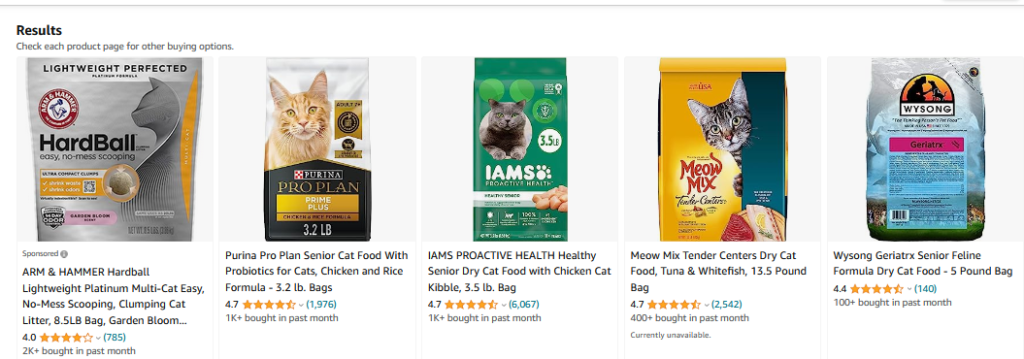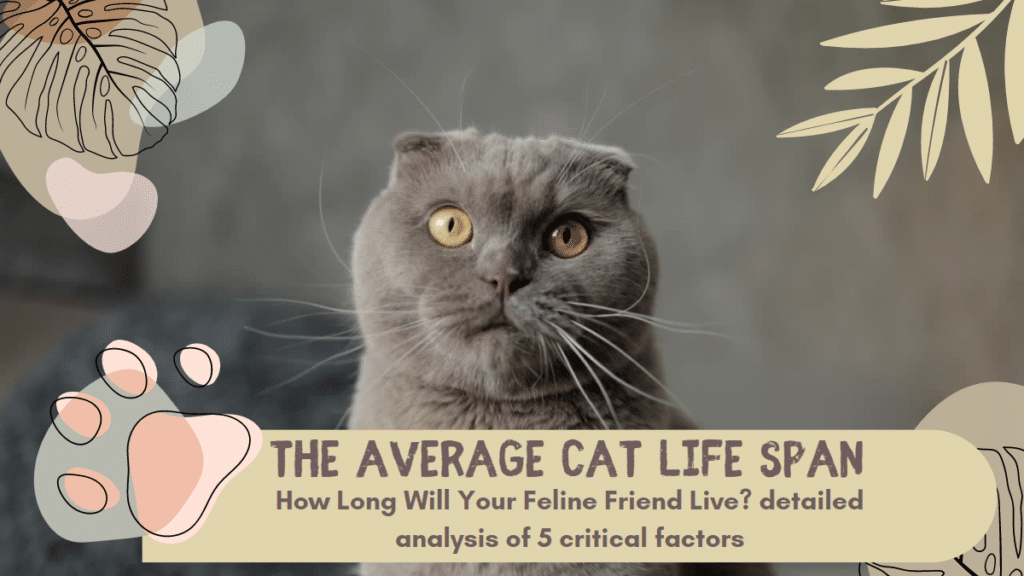What is kidney disease in cats?
cats with Kidney disease is a common. specially in senior cats. It is caused by a number of factors, including high blood pressure, diabetes, and obesity. These conditions can damage the kidneys, which are responsible for filtering waste products from the blood. When the kidneys are damaged, they can no longer filter waste products effectively, which can lead to a number of health problems.
Some of the most common symptoms of kidney disease in cats include weight loss, lethargy, and vomiting. Other symptoms may include increased thirst, increased urination, and blood in the urine. If you notice any of these symptoms in your cat, it is important to take them to the veterinarian for diagnosis and treatment.
There is no cure for kidney disease in cats, but there are a number of treatments that can help to manage the disease. These treatments may include medication, dietary changes, and fluid therapy. In some cases, dialysis may be necessary to remove waste products from the blood when the kidneys are no longer able to do so.
With proper treatment, cats with kidney disease can live long and healthy lives. However, it is important to remember that kidney disease is a serious condition, and it is important to monitor your cat closely and provide them with the care they need.
What are the symptoms of kidney disease in cats?
here are some more details on the symptoms of kidney disease in cats:
- Weight loss: Kidney disease can cause cats to lose weight, even if they are eating normally. This is because the kidneys are not able to properly absorb nutrients from food.
- Lethargy: Kidney disease can cause cats to become lethargic, or tired. This is because the kidneys are not able to properly remove waste products from the blood, which can build up and cause toxins to circulate throughout the body.
- Vomiting: Kidney disease can cause cats to vomit. This is because the kidneys are not able to properly absorb nutrients from food, which can lead to an upset stomach.
- Increased urination: Kidney disease can cause cats to urinate more often. This is because the kidneys are not able to properly filter waste products from the blood, which can lead to an accumulation of waste products in the urine.
- Dehydration: Kidney disease can cause cats to become dehydrated. This is because the kidneys are not able to properly absorb water from the food, which can lead to a loss of fluids from the body.
- Blood in the urine: Kidney disease can cause cats to urinate blood. This is because the kidneys are not able to properly filter waste products from the blood, which can lead to damage to the urinary tract.
If you notice any of these symptoms in your cat, it is important to take them to the veterinarian for diagnosis and treatment.
How is kidney disease diagnosed in cats?
The veterinarian will ask you about your cat’s symptoms and medical history. They will also do a physical examination. If the veterinarian suspects that your cat has kidney disease, they will recommend some tests. These tests may include:
- Blood tests: These tests will measure the level of waste products in your cat’s blood. They will also measure the level of certain proteins that are important for kidney function.
- Urinalysis: This test will look for signs of kidney disease in your cat’s urine.
- Urine culture: This test will grow bacteria from your cat’s urine to see if there is an infection.
- Imaging tests: These tests may include X-rays, ultrasound, or computed tomography (CT) scans. These tests can help the veterinarian to see if there is any damage to your cat’s kidneys.
Once the veterinarian has the results of the tests, they will be able to make a diagnosis. If your cat has kidney disease, the veterinarian will recommend a treatment plan. This treatment plan may include medication, dietary changes, and fluid therapy. In some cases, dialysis may be necessary.
It is important to remember that kidney disease is a serious condition, but it is also a treatable condition. If you notice any of the symptoms of kidney disease in your cat, it is important to take them to the veterinarian for diagnosis and treatment.
What is the treatment for kidney disease in cats?
There is no cure for kidney disease in cats, but there are a number of ways to manage the condition. These include:
- Medications: Medications can help to reduce the amount of waste products in the blood and improve the function of the kidneys.
- Dietary changes: A special diet can help to reduce the amount of protein in the diet and improve the function of the kidneys.
- Fluid therapy: Fluid therapy can help to keep the kidneys hydrated and reduce the risk of complications.
- Dialysis: Dialysis is a treatment that removes waste products from the blood when the kidneys are no longer able to do so.
The best treatment plan for your cat will depend on the severity of their kidney disease and their overall health. Your veterinarian will be able to discuss the best options for your cat.
- Hill’s Prescription Diet k/d is a prescription diet that is specifically formulated for senior cats with kidney disease. It is low in protein and high in essential nutrients, such as vitamins, minerals, and amino acids.
- Royal Canin Renal Support is another prescription diet that is specifically formulated for senior cats with kidney disease. It is low in protein and high in essential nutrients, such as vitamins, minerals, and amino acids.
- Purina Veterinary Diets NF Kidney Function is a third prescription diet that is specifically formulated for senior cats with kidney disease. It is low in protein and high in essential nutrients, such as vitamins, minerals, and amino acids.
It is important to talk to your veterinarian about the best cat food for your senior cat with kidney disease. They can help you to choose a food that is right for your cat’s individual needs.
Benefits of feeding a cat with kidney disease a special diet
There are a number of benefits to feeding a cat with kidney disease a special diet. These benefits include:
- Reduced protein intake. Protein is a waste product that the kidneys have to filter out, and when the kidneys are damaged, they may not be able to filter out protein as well. This can lead to a build-up of protein in the blood, which can cause a number of problems, including weight loss, lethargy, and vomiting. A special diet that is low in protein can help to reduce the amount of protein that your cat takes in.
- Increased essential nutrient intake. Essential nutrients are nutrients that the body needs to function properly, but that the body cannot produce on its own. These nutrients include vitamins, minerals, and amino acids. Senior cats with kidney disease may need to eat a special diet that is high in essential nutrients because they may not be able to absorb these nutrients from food as well. A special diet that is high in essential nutrients can help to ensure that your cat gets the nutrients they need.
- Improved kidney function. A special diet can help to improve kidney function by reducing the amount of protein that your cat takes in and increasing the amount of essential nutrients that your cat absorbs. This can help to reduce the workload on the kidneys and improve their overall function.
- Increased quality of life. A special diet can help to improve the quality of life for cats with kidney disease by reducing the symptoms of the disease, such as weight loss, lethargy, and vomiting. This can help your cat to feel better and enjoy their life more.
How to choose a special diet for your cat
There are a number of factors to consider when choosing a special diet for your cat with kidney disease. These factors include:
- Your cat’s individual needs. The best diet for your cat will depend on their individual needs. For example, some cats may need a diet that is lower in protein, while others may need a diet that is higher in essential nutrients.
- Your veterinarian’s recommendations. Your veterinarian can help you to choose a diet that is right for your cat. They can also help you to monitor your cat’s progress and make sure that the diet is working effectively.
- The cost. Special diets for cats with kidney disease can be more expensive than regular cat food. However, the cost of the diet may be worth it if it helps your cat to live a longer and healthier life.
What are the benefits of feeding a cat with kidney disease a special diet?
There are a number of benefits to feeding a cat with kidney disease a special diet. These benefits include:
Increased protein helps maintain muscle mass, which can help with mobility and quality of life.
Increased calories help maintain weight, which can help with energy levels and quality of life.
Reduced protein reduces the workload on the kidneys, which can help them to function better.
Increased water content helps prevent dehydration, which can help with energy levels and quality of life.
Increased essential nutrients help support the overall health of the cat, which can help with quality of life.

How can I make sure my cat is getting enough nutrients?
In addition to feeding your cat a special diet, there are a number of other things you can do to make sure your cat is getting enough nutrients. These things include:
- Supplementing your cat’s diet with vitamins and minerals
- Giving your cat regular check-ups with your veterinarian
- Monitoring your cat’s weight and water intake
How can I help my cat cope with kidney disease?
- Provide your cat with a comfortable place to live. Kidney disease can make your cat feel tired and uncomfortable, so it is important to provide them with a comfortable place to live. This could include a bed, a sofa, or a chair that is soft and cozy.
- Give your cat plenty of love and attention. Kidney disease can be a stressful time for your cat, so it is important to give them plenty of love and attention. This could include petting them, playing with them, or just sitting with them.
- Make sure your cat has access to fresh water. Kidney disease can make your cat thirsty, so it is important to make sure they have access to fresh water. You should place a bowl of water in a convenient location in your home and make sure it is always full.
- Make sure your cat has access to a litter box. Kidney disease can make your cat urinate more often, so it is important to make sure they have access to a litter box. The litter box should be clean and comfortable, and it should be located in a quiet area of your home.
- Make sure your cat has access to a scratching post. Kidney disease can make your cat feel itchy, so it is important to make sure they have access to a scratching post. This will help them to relieve their itchiness and prevent them from scratching furniture or other objects in your home.
In addition to these things, you can also help your cat cope with kidney disease by:
- Following your veterinarian’s instructions. Your veterinarian will be able to provide you with specific instructions on how to care for your cat with kidney disease. It is important to follow these instructions carefully.
- Monitoring your cat’s condition. It is important to monitor your cat’s condition closely and report any changes to your veterinarian. This will help your veterinarian to provide your cat with the best possible care.
Conclusion
Kidney disease is a common problem in older cats. It is caused by a variety of factors, including age, genetics, and environmental conditions. There is no cure for kidney disease, but there are treatments that can help to manage the condition and improve the quality of life for cats with kidney disease.
The best way to help your cat with kidney disease is to work with your veterinarian to develop a treatment plan. The treatment plan will likely include diet changes, medications, and fluid therapy. It is important to follow your veterinarian’s instructions carefully and to monitor your cat’s condition closely.
With proper care, cats with kidney disease can live long and happy lives.
Outro
Thank you for reading this article about kidney disease in cats. I hope you found it informative and helpful. If you have any questions, please feel free to ask your veterinarian.
You May Also Like: How Often Cats Go Into Heat: Analysis of 5 amazing considerable facts.

